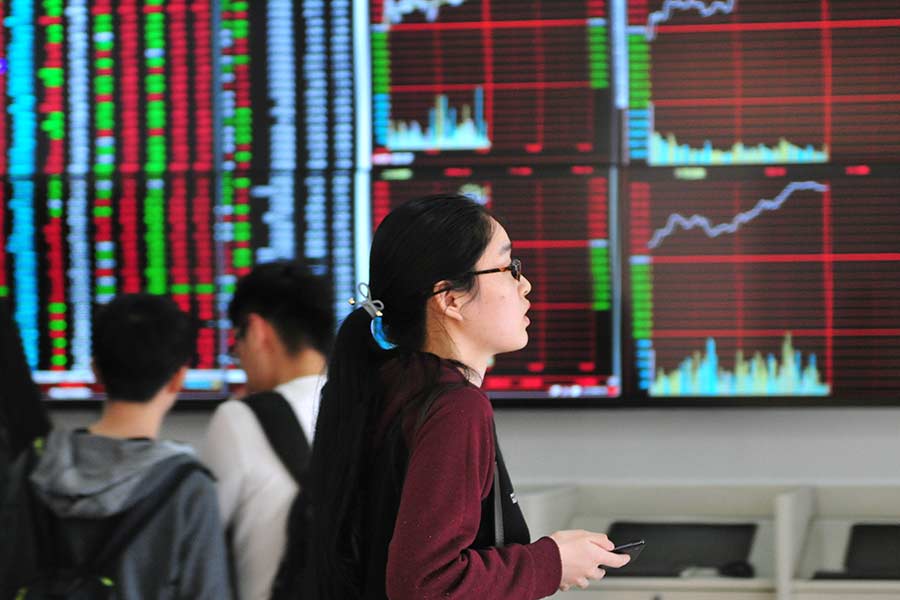Major steps in reform of capital market made


Reform: All sections of securities trading venues to be covered
China rolled out a series of draft rules on Wednesday to broaden the registration-based initial public offering system, which experts said marked a significant leap forward in the country's capital market reforms.
Expanding the IPO mechanism to all of China's stock markets will facilitate listings and corporate fundraising, as the economy continues its rebound from COVID-19.
China will focus on "giving the right of choice to the market" in implementing the registration-based reform to better promote high-quality economic development, the China Securities Regulatory Commission, the country's top securities regulator, said in a statement while publishing 14 sets of draft rules.
Widely used in overseas markets, the registration-based system refers to a stock issuance mechanism that gives the market a decisive role in IPOs and also facilitates the listing of growth-oriented companies.
In the A-share market, the system was piloted on Shanghai's STAR Market in 2019 and on Shenzhen's ChiNext in 2020. The Beijing Stock Exchange, which opened in 2021, also adopted the registration-based system. Only the main boards of the Shanghai and Shenzhen exchanges have yet to adopt the mechanism.
The CSRC said that all sections of national securities trading venues and all types of public stock offerings will be covered by the registration-based system.
Unlike the approval-based system, where the listing of a company requires the approval of the CSRC, the new system empowers stock exchanges to review IPO applications. New listings will only need to register with the securities regulator.
"Compared with the approval-based system, the registration-based reform not only changes the body of reviews, but also, more importantly, enshrines the key role of information disclosure, making the whole process of listing more standardized, transparent and predictable," the CSRC statement said. "It is an adjustment of the relationship between the government and the market."
Wang Shuguang, head of investment banking at China International Capital Corp, said China's capital market will be more inclusive under the registration-based mechanism. This will help technology companies advance by leaps in development and better serve the real economy.
"The pricing power of the market will become the determining power, regarding the pricing of securities," said Chen Jiahe, chief investment officer at Beijing-based investment firm Novem Arcae Technologies.
According to the securities commission, trading rules on the main boards will be further liberalized under the reform. No daily trading limit will be set for shares during their first five trading sessions, and stocks will be eligible for margin trading and securities lending on their first trading day.
The CSRC said it will also strengthen supervision and accelerate supportive reform measures, while consolidating registration rules for the Shanghai, Shenzhen and Beijing bourses.
To ensure the registration-based reform is a success, the delisting rules that took effect in late 2020 should be strictly implemented to eliminate disqualified companies, said Yang Delong, chief economist of First Seafront Fund.
Shouldering much of the responsibility for the reform, the Shanghai Stock Exchange said on Wednesday it will help differentiate between the development of the main board and the STAR Market. While the STAR Market focuses on nurturing technology companies, the main board will target larger-scale industry leaders with mature business models and stable operation results.




































